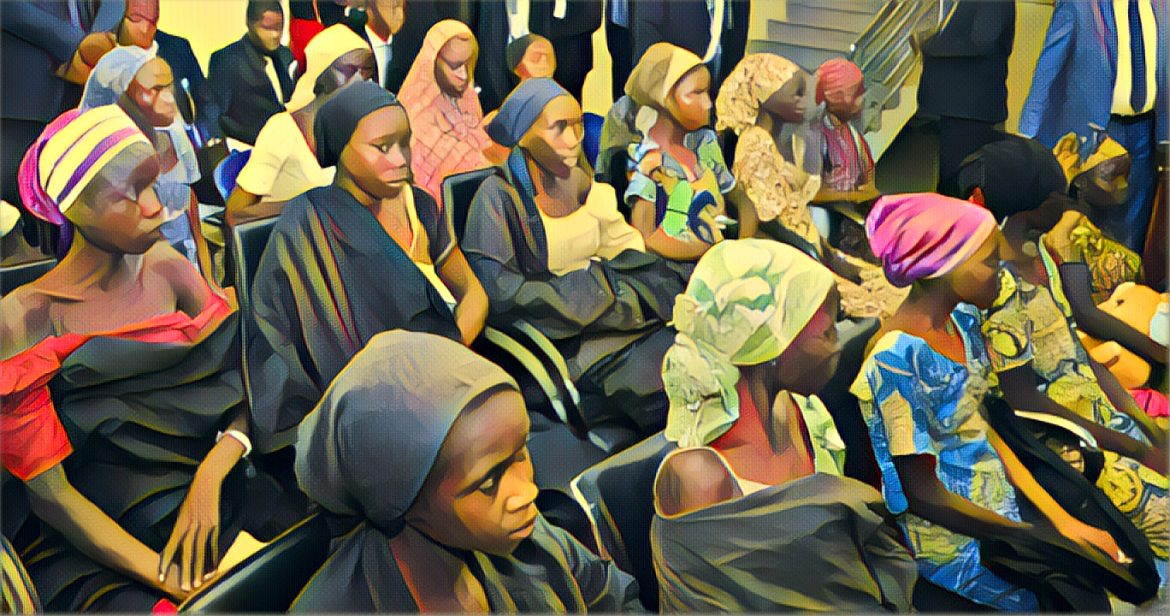In observance of the International Day of the Girl Child, attention intensifies on the unique challenges facing girls worldwide, particularly in Nigeria. A girl-child, defined as a female aged 18 years or under, doesn’t only differ biologically from boys but also faces higher vulnerability and systemic inequalities.
Highlighting Nigeria’s demographic, 46% of its young population are girls, yet they form most of the out-of-school youth, reflecting broader global disparities. Despite free primary education, a staggering 33% of eligible girls are absent, reinforcing the cycle of poverty and social immobility. Consequently, they confront dire realities, including labor exploitation, violence, health issues, and societal marginalization.
According to a report by The Guardian, these adversities stem from cultural biases and regulatory failures, notwithstanding the Child Rights Act of 2003. Implementation remains inconsistent, with states like Kano and Zamfara yet to domesticate the Act, perpetuating prejudice and hindering girls’ development.
Educational disparities are more pronounced in Nigeria’s North East and North West, where girls’ enrollment in primary education lags due to various factors, including the Boko Haram insurgency’s disdain for Western education.
The group’s recruitment of uneducated youth underscores the crisis, contrasting with regions like the South West, where education’s prevalence provides a buffer against such extremism.
Regrettably, cultural norms often prioritize boys’ education, relegating girls to economic tools for marital transactions.
This shortsighted view neglects modern familial dynamics and women’s potential societal contributions, amplified by educated and empowered daughters and inclusive family practices.
The girl-child in Nigeria also grapples with harmful practices like genital mutilation, aimed at curbing promiscuity, and child marriage, triggered by various socio-economic factors. With Nigeria recording one of the highest numbers of child brides in Africa, the implications are grave, encompassing health complications, social ostracization, and a perpetuation of poverty.
Recent violent surges have exacerbated child marriage, particularly through abductions by groups satisfying base desires under coercive pseudo-marriages. The consequences for these girls are catastrophic, extending beyond psychological trauma to physical ailments and societal rejection.
Efforts to combat these issues, including legislation for gender equality, encounter steep resistance in Nigeria’s patriarchal society, evidenced by the male-dominated National Assembly’s historical dismissal of such bills. The onus rests on current legislators to acknowledge women’s significant demographic presence and champion laws safeguarding women and girls, propelling Nigeria into an equitable future.


